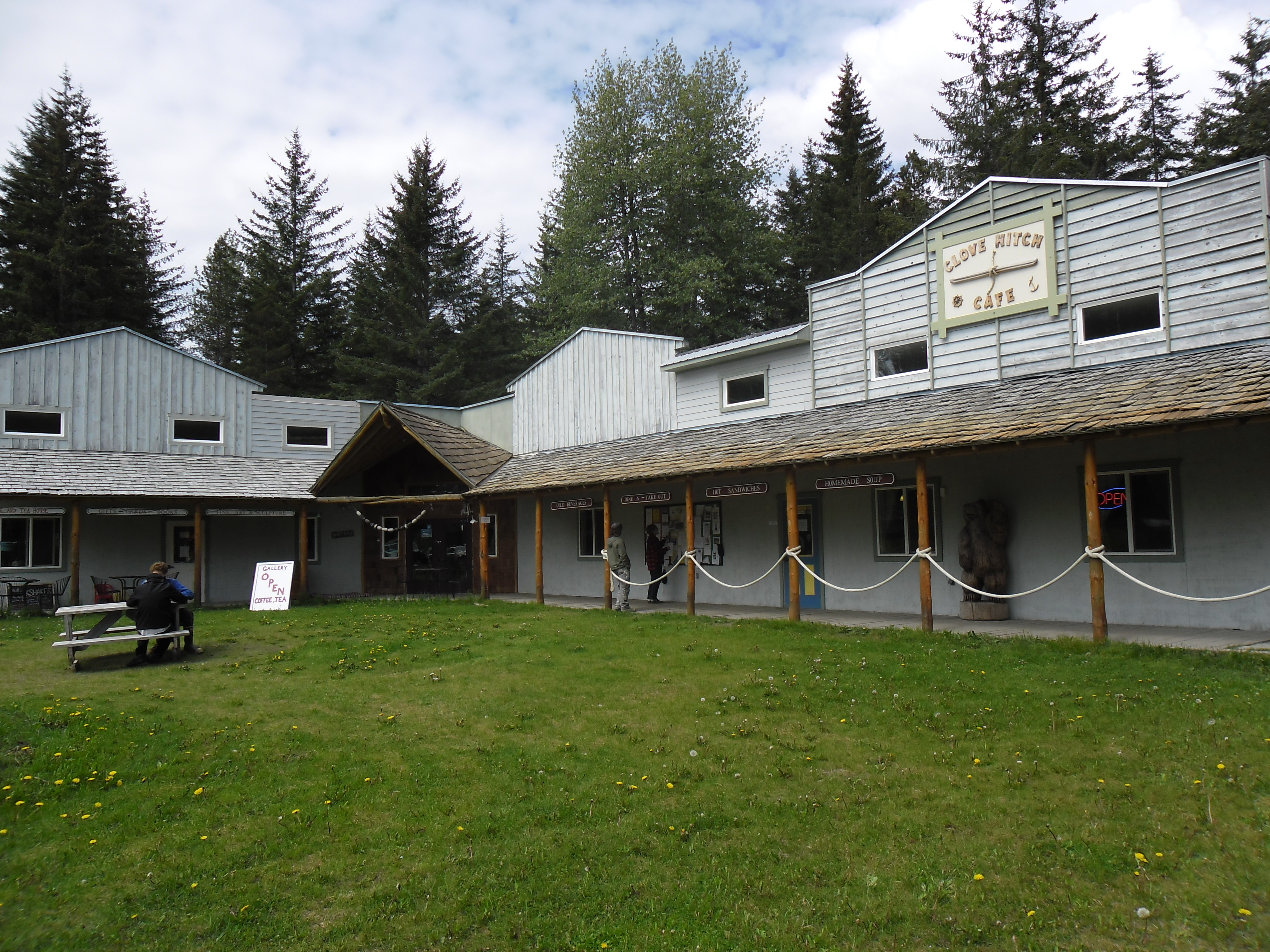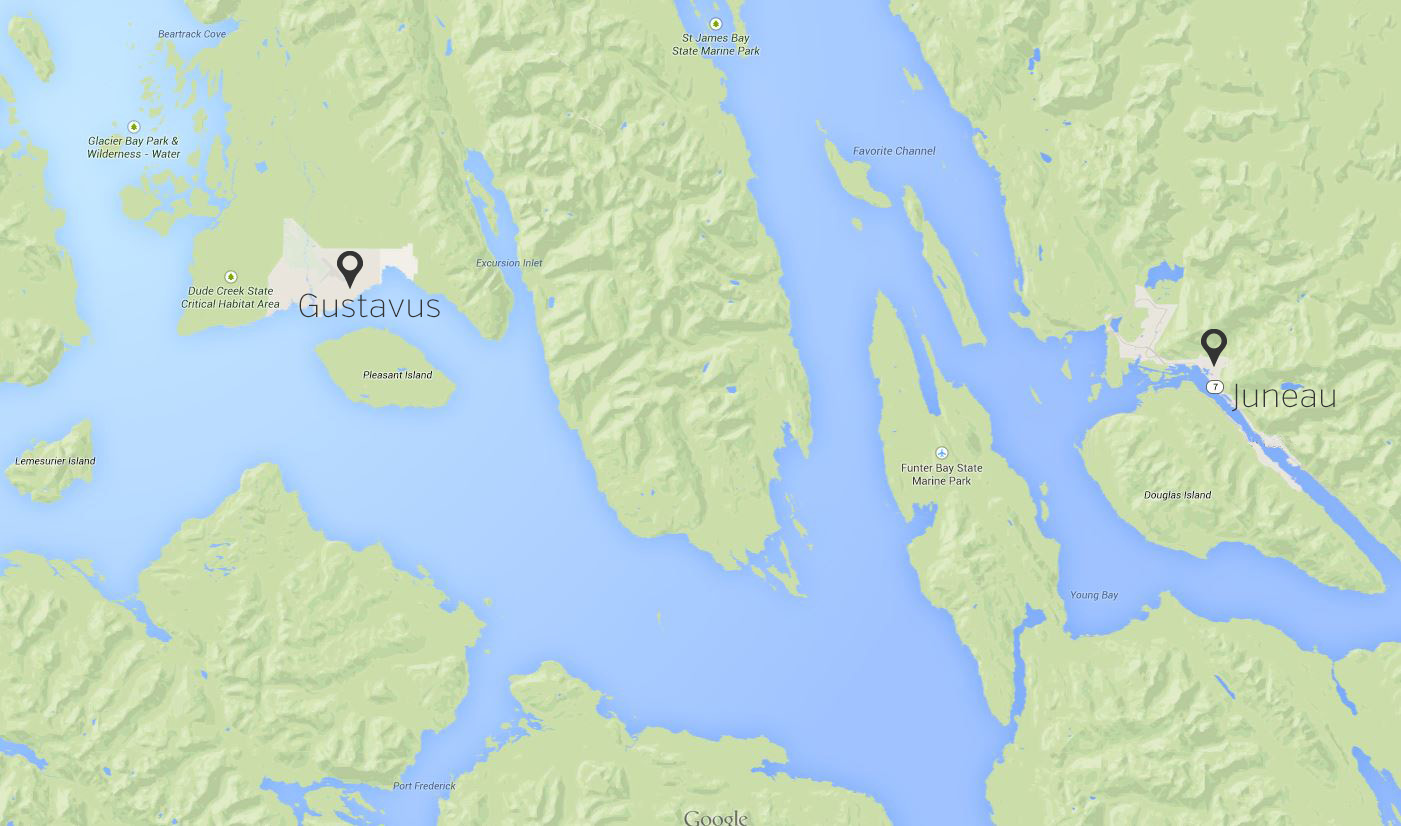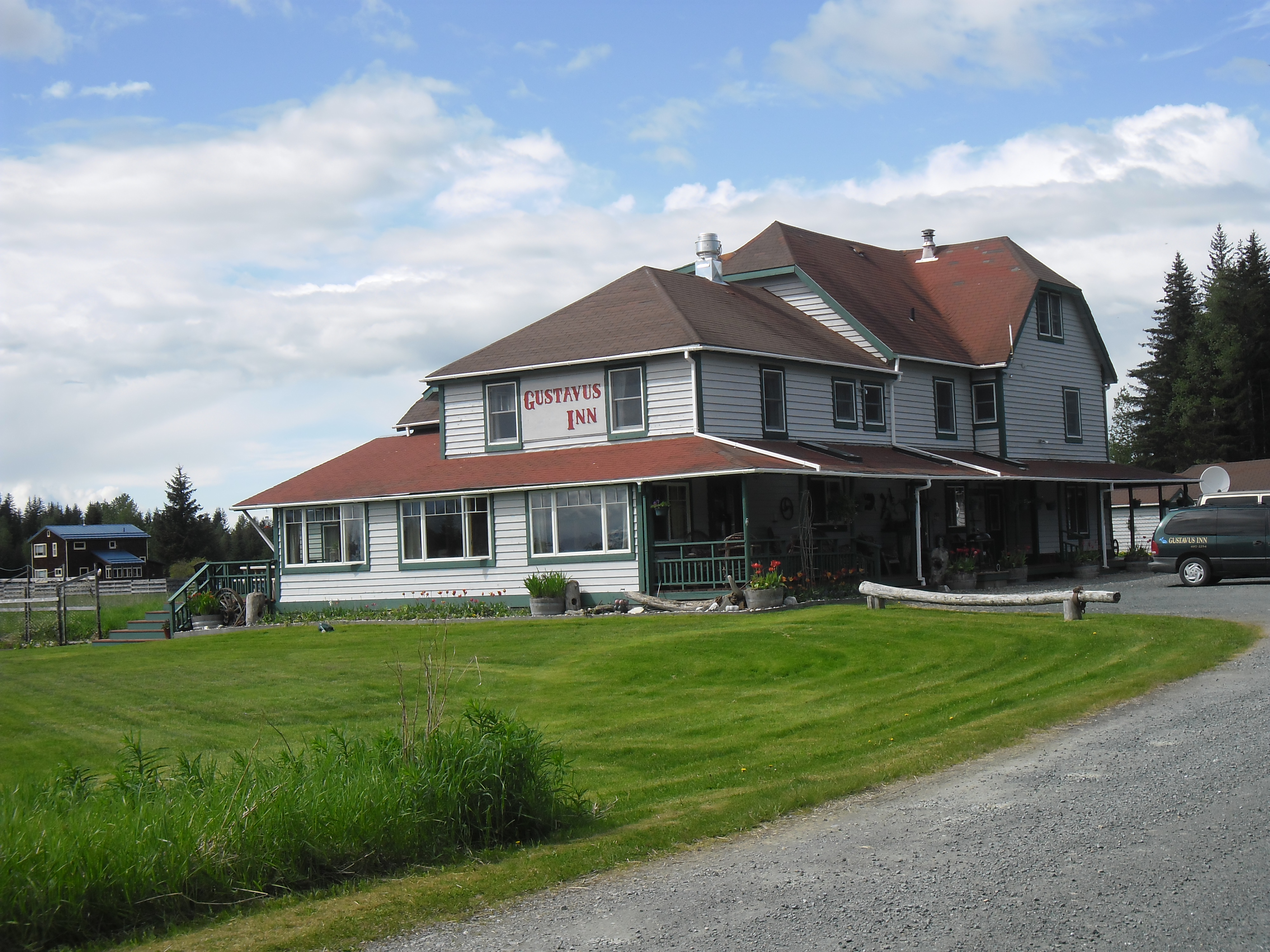
The community of Gustavus, near Glacier Bay National Park, is throwing a big party. Starting June 27, the small Southeast town of under 500 will hold three days of events and festivities in honor of the first settlers who arrived 100 years ago.
In the summer of 1914, three newlywed couples from Seattle decided to make their way to Southeast Alaska and find some flatlands they had heard about from a steamship captain.
“They were three couples that were friends that were looking for an adventure,” says Linda Parker, cofounder of Gustavus Historical Archives & Antiquities. “Homesteading was becoming the thing to do and they thought maybe they’d come up here and see what it was like, see if they could farm and make a living. The little voices of Alaska were calling them and they came.”
Parker’s organization is sponsoring the Gustavus Centennial Celebration.
 She says the three couples – Verne and Janie Henry, Bill and Margaret Taggart, and John and Bernice Davis – traveled most of the way from Juneau in a hired fishing boat. The final leg of the journey up the Salmon River was in a skiff.
She says the three couples – Verne and Janie Henry, Bill and Margaret Taggart, and John and Bernice Davis – traveled most of the way from Juneau in a hired fishing boat. The final leg of the journey up the Salmon River was in a skiff.
Tlingits lived across Icy Straight in Hoonah and had fish camps in the Gustavus area.
The three couples lived in tents at first. By fall, they built a log cabin where all three couples lived together. The structure no longer exists but is still referred to as the “honeymooner” cabin.
“The first winter, with nothing much else to do in a very small cabin, all three ladies got pregnant and that was a complication that they hadn’t foreseen,” Parker says.
It was tough for the young couples, Parker says. And homesteading proved more difficult than they expected.
The Gustavus of today has lots of trees and many residents grow vegetable gardens. A hundred years ago, Parker says, the land had very few trees and was boggy, oftentimes requiring hip boots. The only crop that grew was rutabaga.
“That was the big thing back then here in Southeast was rutabagas. Some of the homesteaders — the old stories — they got tired of rutabagas. It was rutabaga everything and then they would keep them in their cellars and eat them all winter,” Parker says.
The Taggarts left just after one year, the Davises after the second. Of the original three couples, Verne and Janie Henry stayed the longest. They hoped to make a living selling rutabagas to canneries elsewhere in Southeast. But crop after crop met with catastrophe and by 1919, the Henrys left.
Meanwhile, others arrived, like Abraham Lincoln Parker’s family in 1917. They were involved in the Gold Rush and had lived in Skagway and Douglas. Lee Parker, Linda Parker’s husband, is one of the grandchildren.
The Parker homestead was on Good River.
“It was quite large – two-story home, many outbuildings, barn, saw mill, a second or third cabin on the property. They had some horses to pull wagons and things, but they decided to do some cattle and they did that for their own meat and milk and also they butchered and sent the meat out to the various canneries that were around,” Parker says.

Back then, the area was called Strawberry Point for its fields of wild strawberries. The name was changed to Gustavus in 1925, but many residents still call it Strawberry Point.
Parker says the homesteaders who stuck it out had an independent spirit.
“Many of them were looking for ways to be off on their own and pioneer a place that didn’t have a government looking over their shoulder for everything and they liked the isolation and freedom,” Parker says.
Local government only came in 2004 when Gustavus was incorporated as a city.
Paul Berry is a former mayor and city council member, and is the current manager of the city’s Disposal & Recycling Center. Since incorporation, Berry says the independent spirit of residents has only gotten stronger. As a city worker, he calls himself a “city apologist.”
“It’s been difficult. I have friends who don’t really want the city. They didn’t see it as a positive development. It’s kind of like, ‘Can’t we do better?'” Berry says.
Besides the disposal center, the city also runs the library, fire department, parts of the boat harbor and the bulk fuel facility. Gustavus has no local law enforcement. That idea failed in an advisory measure in 2012.
Berry says people are slowly getting used to the idea of Gustavus as a city. While some issues can divide the tight knit community, it’s the community that’s kept him around.
Berry moved to Gustavus from Fairbanks 30 years ago for the land. He arrived with his brother to build on property they got from a state land lottery.
“It’s a cool place. It’s a cool thing to be a part of. I like that sense of community. Some of my customers at the recycling center, I was landfilling their diapers and now they have kids. And to be a part of that is a one shot deal,” Berry says.
The first three couples that arrived in Gustavus didn’t end up staying, but they paved the way for many others who did.
The Gustavus Centennial Celebration kicks off next Friday evening. The Alaska Marine Highway System is running a special ferry for the celebration that departs Juneau the morning of Saturday, June 28 and returns Sunday afternoon.
